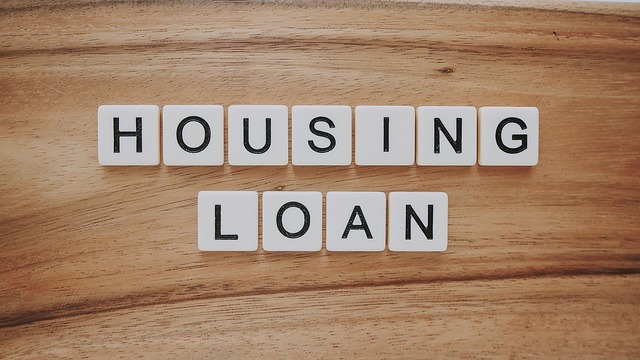
Car Financing For Bad Credit
Understanding Car Financing
Car financing is a common method for acquiring a vehicle without the need to pay the full price upfront. This process involves entering into a credit agreement with a financial institution, bank, or credit lender. For many, this is a practical solution, especially when cash flow is limited. However, for individuals with bad credit, navigating the car financing landscape can be particularly challenging.
What Constitutes Bad Credit?
Bad credit typically refers to a credit score that falls below 580. This score can result from various factors, including missed payments, high credit utilization, or a lack of credit history. Understanding where you stand is crucial before seeking financing options.
Options for Financing with Bad Credit
Even with a less-than-perfect credit score, several financing options are available:
- Subprime Lenders: These lenders specialize in offering loans to individuals with poor credit. They often have more flexible criteria but may charge higher interest rates.
- Credit Unions: Local credit unions may offer more favorable terms compared to traditional banks. Membership requirements vary, but they often provide lower interest rates and personalized service.
- Buy Here, Pay Here Dealerships: These dealerships finance the vehicle directly, allowing buyers to make payments at the dealership. While this can be convenient, it’s essential to review the terms carefully, as they may come with high-interest rates.
- Co-Signers: Having a co-signer with good credit can improve your chances of securing a loan. This individual agrees to take responsibility for the loan if you default, which reduces the lender's risk.
- Secured Loans: Offering collateral, such as another vehicle or property, can make lenders more willing to approve your loan. This option carries risks, as failure to repay could result in losing the collateral.
Improving Your Chances of Approval
While bad credit can complicate financing, there are steps you can take to enhance your chances of approval:
- Check Your Credit Report: Before applying for financing, review your credit report for errors. Disputing inaccuracies can potentially improve your score.
- Save for a Larger Down Payment: A substantial down payment reduces the amount you need to finance and demonstrates to lenders that you are financially responsible.
- Consider a Less Expensive Vehicle: Opting for a more affordable car can increase your chances of approval and reduce your monthly payments.
- Limit Loan Applications: Multiple applications can negatively impact your credit score. Research lenders and apply selectively to avoid unnecessary inquiries.
- Build Your Credit: If time allows, work on improving your credit score before applying. This can involve paying down debts, making timely payments, and using credit responsibly.
Understanding Loan Terms
When securing financing, it’s vital to understand the terms of the loan:
- Interest Rate: This is the cost of borrowing money and can vary significantly based on your credit score. Higher rates are common for those with bad credit.
- Loan Term: The length of the loan impacts your monthly payments and the total interest paid over time. Shorter terms generally mean higher payments but less interest overall.
- Monthly Payment: Ensure that the monthly payment fits within your budget. It’s essential to account for additional costs such as insurance, maintenance, and fuel.
Conclusion
Securing car financing with bad credit is certainly possible, but it requires careful consideration and planning. By exploring various options and taking steps to improve your creditworthiness, you can increase your chances of obtaining the financing you need. Remember, being informed and prepared is key to navigating the car financing landscape successfully.

















 Add Cinematic Effect to Video
Add Cinematic Effect to Video 
 Health
Health  Fitness
Fitness  Lifestyle
Lifestyle  Tech
Tech  Travel
Travel  Food
Food  Education
Education  Parenting
Parenting  Career & Work
Career & Work  Hobbies
Hobbies  Wellness
Wellness  Beauty
Beauty  Cars
Cars  Art
Art  Science
Science  Culture
Culture  Books
Books  Music
Music  Movies
Movies  Gaming
Gaming  Sports
Sports  Nature
Nature  Home & Garden
Home & Garden  Business & Finance
Business & Finance  Relationships
Relationships  Pets
Pets  Shopping
Shopping  Mindset & Inspiration
Mindset & Inspiration  Environment
Environment  Gadgets
Gadgets  Politics
Politics 